In considering Chevrolet ownership or contemplating its purchase, an important issue to be aware of is the notorious "Chevy Shake." This guide will delve into the "Chevy Shake," outlining its characteristics, prevalent models, and the most recent updates as of July 2023.
The online realm is replete with videos showcasing Chevrolet cars and trucks exhibiting unsettling shakes during operation. This disturbing occurrence typically transpires at approximately 35 mph. However, what raises more concern is that some of these vehicles display this disconcerting quiver with less than 1,000 miles on their odometers. Astonishingly, certain drivers even report their vehicles trembling at 25 mph, indicating a potential Chevy shake fix.
The "Chevy Shake" issue disproportionately affects the Chevrolet Silverado, earning it the colloquial moniker "Shake-arado." This term has become synonymous with the Chevy Shake lawsuit, where multiple owners have sought legal recourse.
Several legal proceedings have asserted that certain GM vehicles, including select GMC models, suffer from unreliability and challenging handling due to the "Chevy Shake." Initially shrouded in mystery, subsequent legal investigations have attributed the issue primarily to two culprits: the eight-speed transmission and the aluminum driveshaft. The latter has spurred a separate concern known as the gmc vibration recall.
Identifying the Chevy Shake: Signs and Symptoms
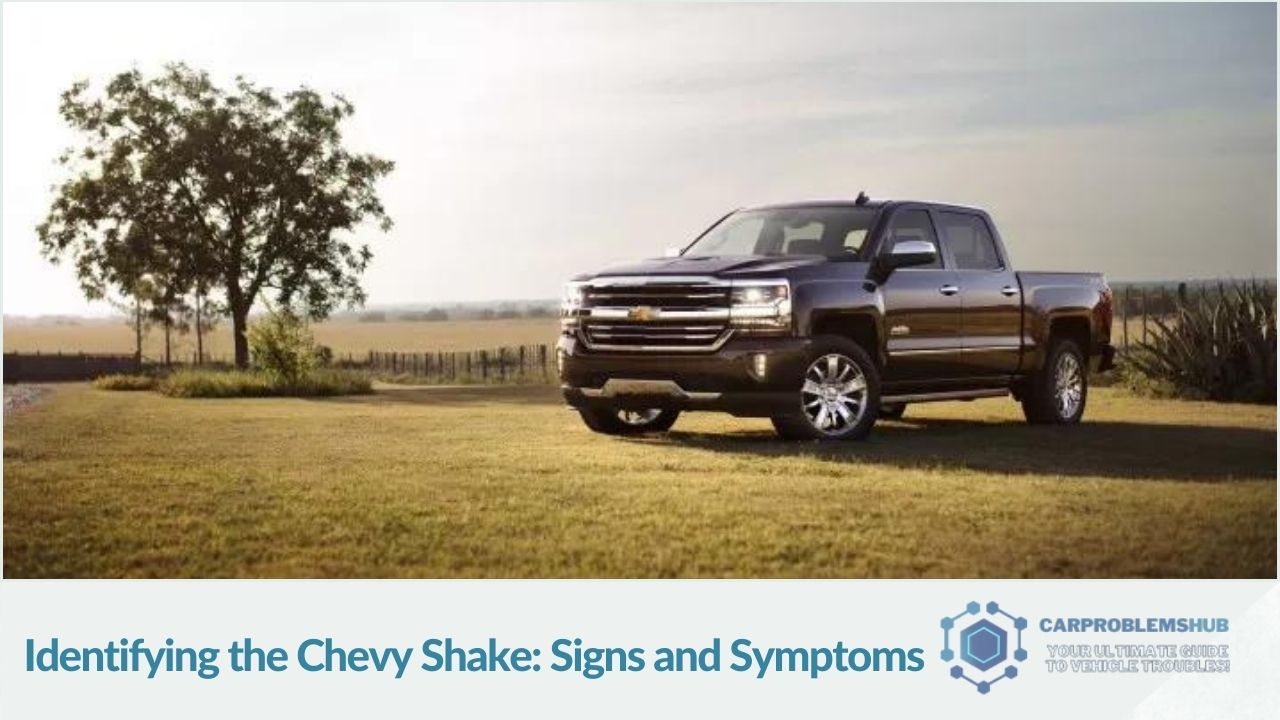
The term "Chevy Shake" has been coined by vehicle owners and drivers to elucidate an alarming problem plagues Chevrolet vehicles, particularly notable in models like the Silverado, humorously dubbed the "Shake-Arado." This is no ordinary tremor that one might encounter on a rough road; it manifests as an intense shuddering, making driving an uncomfortable endeavor and potentially compromising the vehicle's stability. This phenomenon has led to queries like, is the Chevy Shake covered under warranty?
This issue predominantly surfaces at higher speeds, typically within the 65 to 80 mph range. However, some drivers have lamented experiencing it at as low as 25 mph. Additionally, it's worth noting that this problem has manifested in vehicles with remarkably low mileage, often under 1,000 miles.
So, how can one discern if their vehicle is grappling with the Chevy Shake?
Here are some telltale indicators:
- Steering Wheel and Vehicle Tremor: The most conspicuous sign is the steering wheel's pronounced shaking or shivering when the vehicle attains specific speeds. This vibration can often extend to other parts of the car, contributing to an overall sensation of instability.
- Suspension Anomalies: Drivers may notice irregularities in their vehicle's suspension, including peculiar sounds or sensations while driving, especially at higher speeds.
- Recurring Unresolved Issues: If a vehicle owner has repeatedly sought assistance from a GM dealership or mechanic for the same trembling issue without resolution, this could signify the presence of the Chevy Shake.
- Transmission-Related Dilemmas: Certain drivers have reported problems seemingly linked to the vehicle's transmission, such as jerking or lurching during gear changes.
What Provokes the Chevy Shake?
Through various class-action lawsuits, two principal causes of the Chevy Shake have emerged: the eight-speed transmission and the aluminum driveshaft.
Challenges with the Eight-Speed Transmission
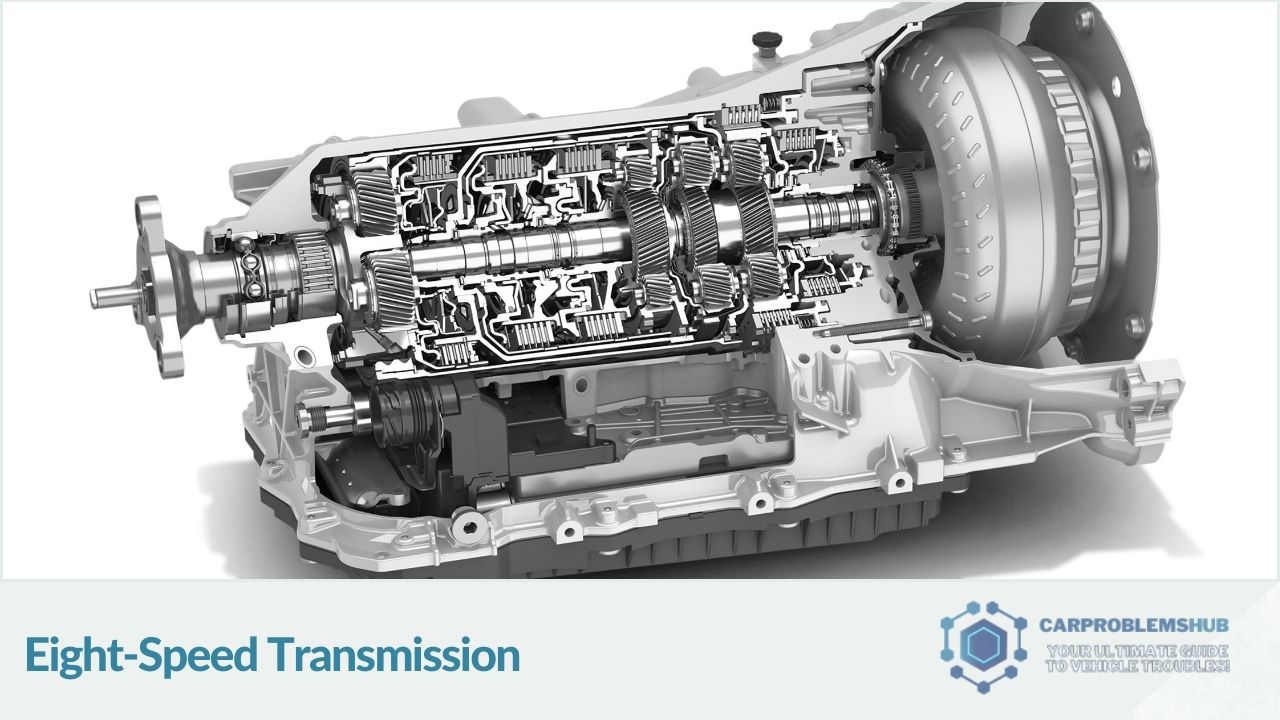
In one lawsuit, Francis versus General Motors, it was argued that suboptimal 8L90 and 8L45 transmissions were employed in several SUVs and trucks, resulting in customer grievances regarding malfunctioning transmissions in Cadillac, GMC, and Chevrolet vehicles. This raised questions like what caused the Chevy shake?
The issue stems from deficiencies in the hydraulic system of the eight-speed transmission. This flawed system places undue stress on the gears, causing premature wear. As these gears deteriorate, metal fragments can break loose and become lodged in the transmission, culminating in transmission failure.
When drivers accelerate, decelerate, or change gears, the vehicle may undergo violent shaking. Many customers have also voiced concerns about their vehicles' inadequate gear shifting and sluggish acceleration.
GMC's Response to Transmission Woes
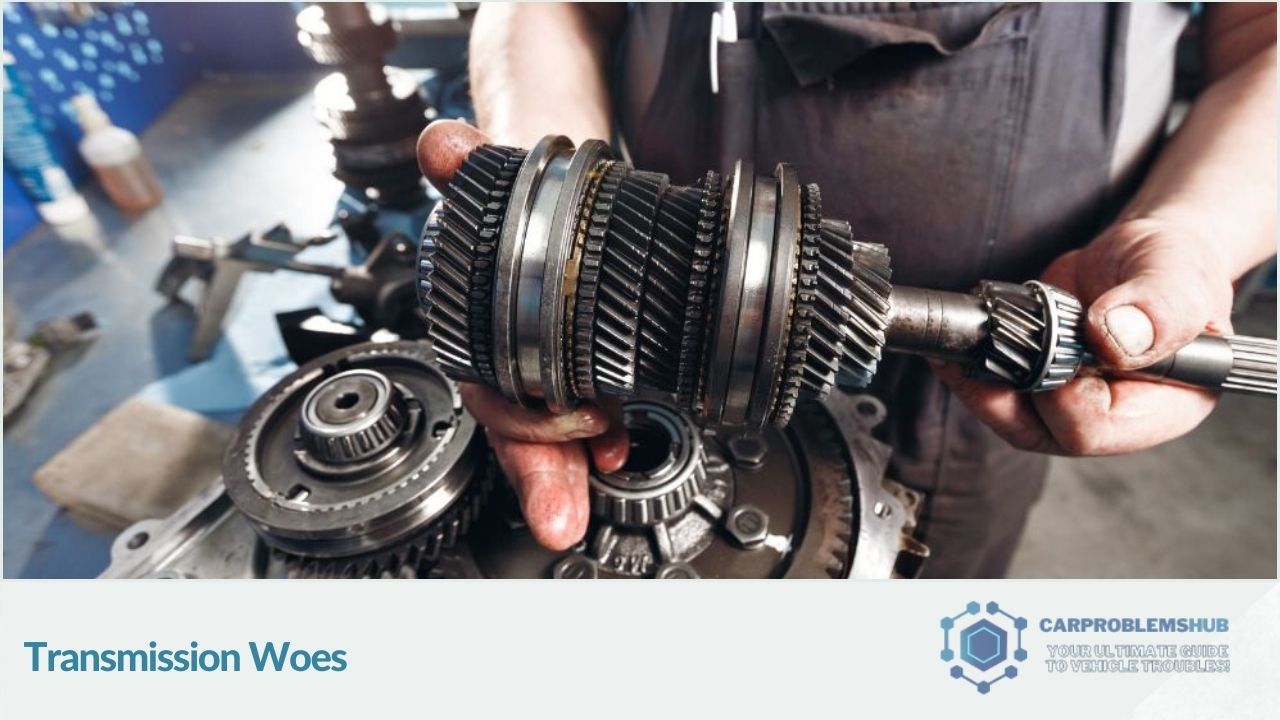
General Motors was aware of this problem as early as 2015 when they issued Technical Service Bulletins about the eight-speed transmission. Regrettably, these bulletins merely offered temporary solutions without addressing the underlying issue, namely the defective component. General Motors has refrained from issuing any recalls related to transmission troubles.
Problems with the Aluminum Driveshaft
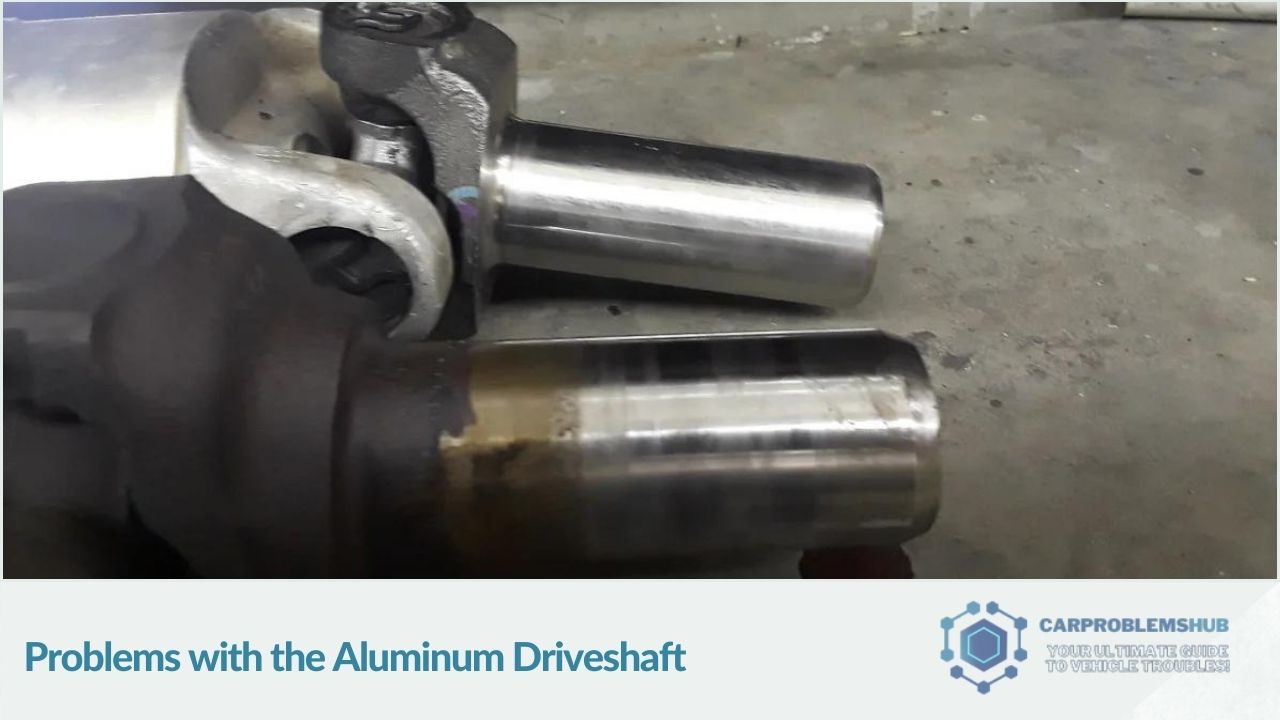
In the lawsuit filed under Kim Bostick versus General Motors, it was asserted that the aluminum driveshaft also referred to as the "prop shaft" in the affected vehicles, constituted another source of the pronounced shaking.
The aluminum driveshaft's responsibility is to transmit power from the engine to the wheels. It has been identified as a key contributor to the shaking and driveshaft degradation.
The vehicles may become virtually undrivable after enduring a certain amount of wear and tear. Many customers have reported that this issue is most prevalent at highway speeds and could lead to the driveshaft detaching from the vehicle.
GMC's Handling of Aluminum Driveshaft Issues
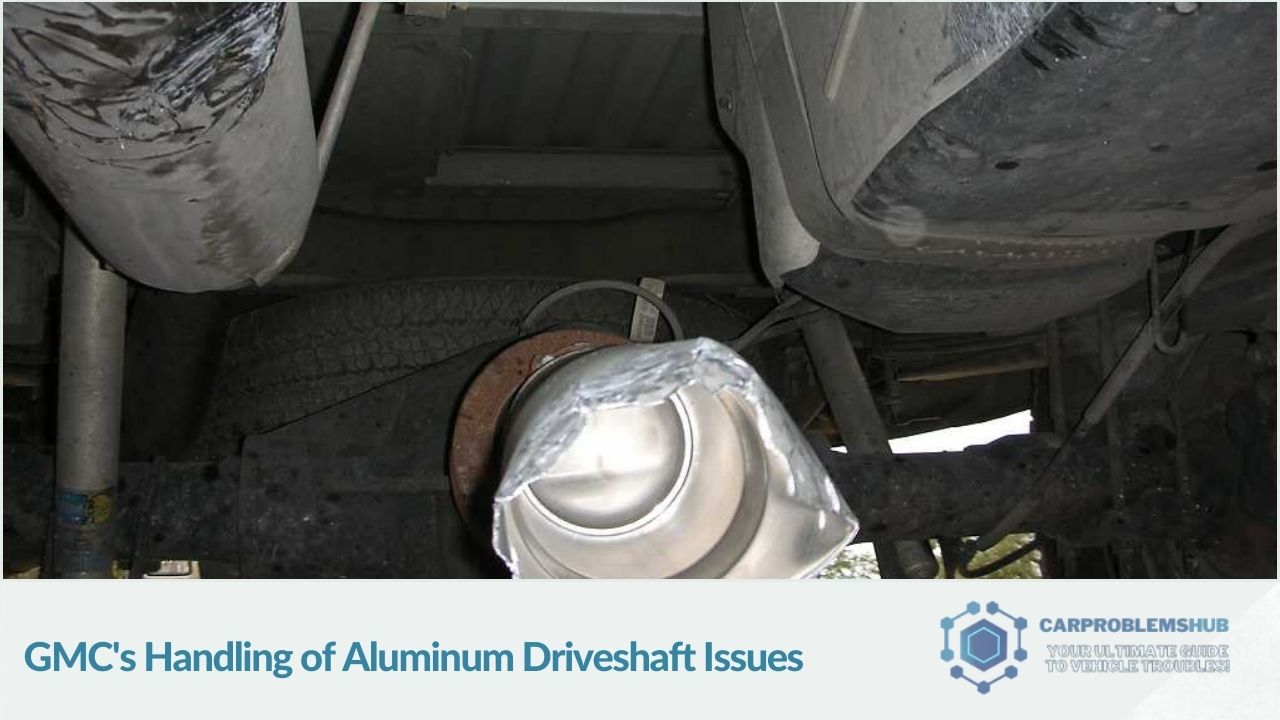
Regrettably, General Motors' response to this issue mirrored their approach to transmission problems: issuing Technical Service Bulletins instead of recalls. This response has been criticized as inadequate, as it fails to provide a lasting solution for afflicted vehicle owners and appears to obscure the driveshaft problem.
The lawsuit contends that the manufacturer could have resolved this issue by employing steel driveshafts instead of the problematic aluminum ones. The Chevy Shake, linked to this component, has been reported across various Cadillac, GMC, and Chevrolet models.
In the wake of numerous class-action lawsuits, two potential culprits for this phenomenon have come to light: the eight-speed transmission and the aluminum driveshaft.
Is the Chevy Shake Covered by Warranty?
The "Chevy Shake" coverage under warranty hinges on its underlying cause. If the shake arises from material or manufacturing defects, it could fall within the purview of the New Vehicle Limited Warranty. Conversely, issues stemming from misused or damaged accidents typically do not enjoy warranty coverage.
Here are some common causes of the Chevy Shake and their warranty status:
- Defective Transmission: Should a flawed transmission be the source of the shake, it may be encompassed by the New Vehicle Limited Warranty. It's important to note that transmission coverage typically extends for the initial 5 years or 60,000 miles, whichever comes first.
- Weak Aluminum Driveshaft: If a feeble aluminum driveshaft is responsible for the issue, it may also fall under the New Vehicle Limited Warranty. However, driveshaft coverage typically spans the first 3 years or 36,000 miles, whichever milestone is achieved first.
- Misuse or Accident Damage: If the shake is attributable to accidental misuse or damage, it will not be covered. Abuse can encompass actions such as overloading the vehicle or subjecting it to extreme driving conditions. Accident damage contains harm resulting from collisions.
We recommend seeking a diagnosis at a Chevrolet dealership for those grappling with the Chevy Shake. It is imperative to comprehend one's rights and explore potential legal remedies. Our team stands ready to assist you in navigating this challenging predicament. Do not hesitate to reach out to us for guidance.
Common User Complaints
The drivers of Chevrolet, Cadillac, and GM vehicles contending with the Chevy Shake have reported a gamut of issues beyond the shuddering and shaking. Here are some additional grievances voiced by drivers:
- Transmission Failures
- Stalling While in Motion
- Unexpected Slowdowns
- Abrupt Jerking
- Excessive Oil Consumption
- Transmission Fluid Leaks
- Difficulty Shifting Gears
- Warped Brake Rotors
Which Cadillac, Chevy, and GMC Vehicles Are Affected by the Chevy Shake?
Multiple class-action lawsuits related to the Chevy Shake have implicated the following vehicles:
- 2014 to 2019 Chevrolet Silverado
- 2015 to 2020 Chevy Suburban
- 2015 to 2019 Chevrolet Corvette
- 2015 to 2020 Chevrolet Tahoe
- 2017 to 2019 Chevy Colorado
- 2016 to 2019 Chevrolet Camaro
- 2017 to 2019 GMC Canyon
- 2014 to 2019 GMC Sierra
- 2015 to 2017 GMC Yukon Denali
- 2015 to 2017 GMC Denali XL
- 2015 to 2020 GMC Yukon XL
- 2015 to 2020 GMC Yukon
- 2016 to 2019 Cadillac ATS-V
- 2016 to 2019 Cadillac ATS
- 2015 to 2017 Cadillac Escalade ESV
- 2015 to 2020 Cadillac Escalade
- 2016 to 2019 Cadillac CTS-V
- 2016 to 2019 Cadillac CTS
- 2016 to 2019 Cadillac CT6
GMC's Limited Response to the Chevy Shake
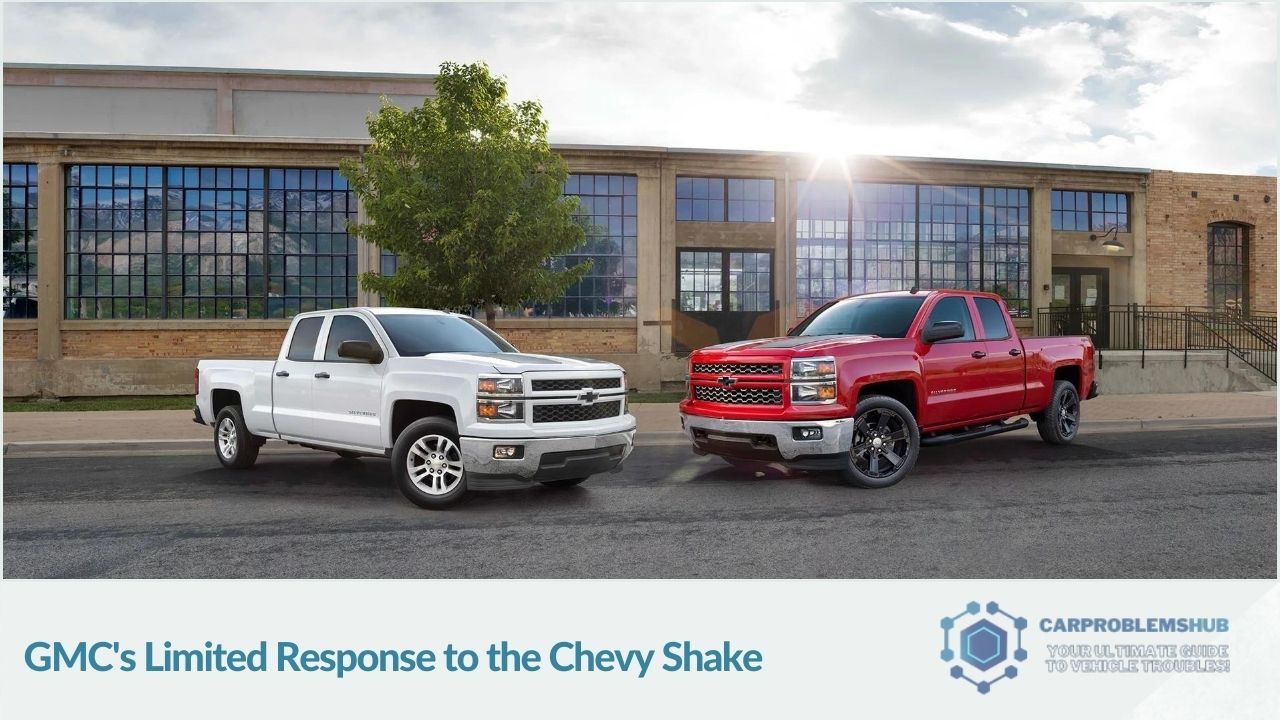
While General Motors has taken minimal action to address this issue, options for drivers of affected vehicles experiencing the Chevy Shake are still available. Let's say you own one of the vehicles covered by the class action lawsuit. In that case, consider withdrawing from the lawsuit and seeking representation from an experienced law firm that can protect your rights.
Vehicle owners can pursue individual representation, potentially maximizing compensation rather than settling within a broader class-action lawsuit.
The Implications of a Class-Action Lawsuit for You
Anyone whose Cadillac, Chevrolet, or GMC vehicle has been affected by the Chevy Shake may become a party to a lawsuit. The registration of a lawsuit signifies that a judge has approved the case to proceed.
Participants in class actions receive part of the final settlement. However, they lose their right to bring individual legal action. It would be best if you first withdrew from these lawsuits to protect your Personal Law rights.
Opting Out of a Chevy Shake Class-Action Lawsuit
If you wish to retain your legal right to pursue individual litigation, you must opt out of the class-action lawsuit. You may receive only a fractional portion of the ultimate settlement by continuing to participate.
Individuals who may be affected will receive notifications outlining the allegations and providing instructions on how to opt out of the lawsuit if they so choose. Consult your attorney if you require assistance with this process.

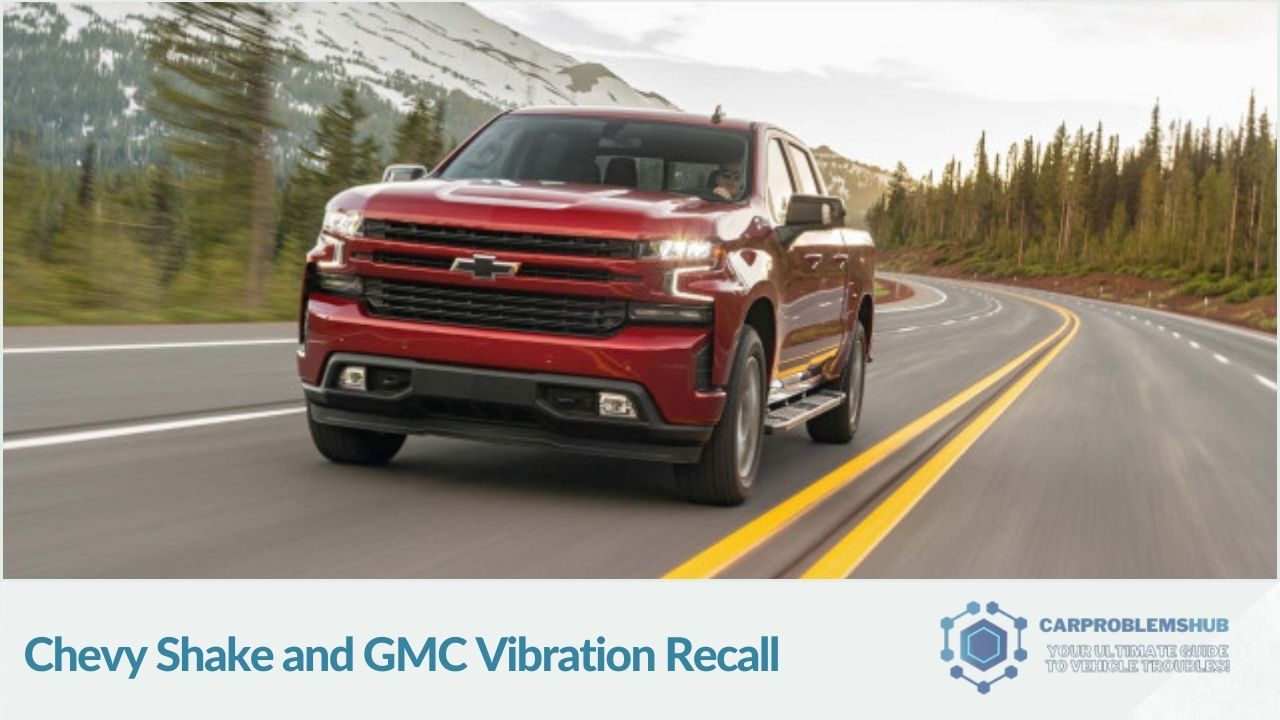
Similar Problems in Other Models
2014 Chevy Equinox Problems (6 Common Issue)
2014 Chevy Cruze Problems and Solution: Transmission Shifts
2022 Chevrolet Trax Problems and Solutions
2020 Chevy Equinox Problems (10 Common Issue)
2013 Chevy Equinox Problems (6 Common Issue)
2012 Chevy Cruze Problems and Maintenance Costs
2016 Chevy Cruze Problems and Solutions
2021 Chevy Trail Boss Problems (27 Common Issue)
P1E00 Chevy Volt Code: Causes, Costs and Repair
2017 Chevrolet Cruze Problems and Costs